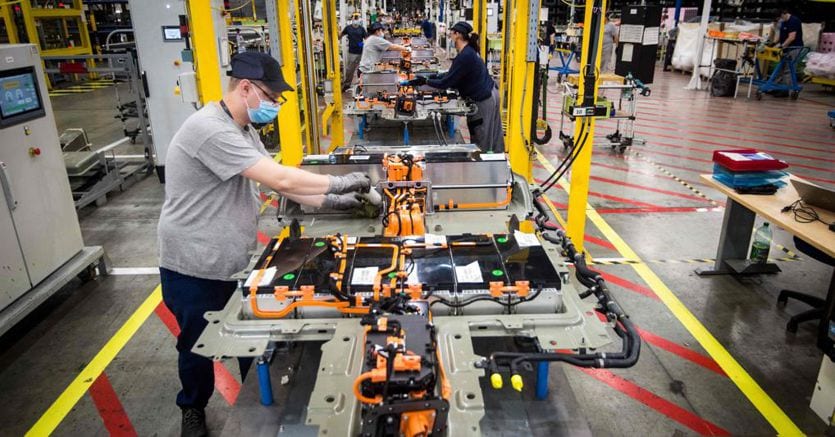Global GDP is more than 100 trillion in 2022. But Italy will come out of the top ten

The global economy will exceed $100 trillion for the first time in 2022, two years earlier than forecasts. To do the calculations is the Center for Economics and Business Research, according to which China will wrest from the United States the scepter of the world’s first economy in 2030, 24 months later than previous calculations. Meanwhile, global debt has also risen to $226 trillion.
India to third place
Next year will see India overtake France, while in 2023 it will defeat Germany, becoming the world’s third largest economy in 2031, one year later than estimates. For its part, Berlin will overtake Japan in 2033, while in the second half of 2030, the top ten economic powers are supposed to see the entry of Russia in 2036 and Indonesia in ninth place in 2034.
Italy will come out of the top ten
Italy will maintain its eighth place in the ranking in 2022. “Former European Central Bank President Mario Draghi has successfully led the country in recent months. But it is not clear how long this period of relative political stability will last, ”explains the Center for Economic and Trade Research, citing the unknown for the election of the President of the Republic. “In the next fifteen years we expect a slight deterioration in Italy’s position” in the schedule of the World Economic Association: “It will decline from the center eighth in 2021 to thirteenth in 2036,” according to the study center’s calculation.
With inflation, there is a risk of a recession in 2023
The growth of the global economy has been attributed to the catalysts provided in response to the epidemic and the recovery that it has brought about. However, the research institute warns of a rebound, accompanied by a jump in inflation, which, if proven to persist, risks causing a recession in 2023 or 2024. High prices are now a worldwide phenomenon, exacerbated by bottlenecks in supply chains, which Add to this a fleeting lower wage inflation.
Speed up the withdrawal of stimuli
The recent rise in prices has prompted central banks to set aside the concept of “temporary inflation” and accelerate the withdrawal of stimulus designed to save the economy from Covid. The Bank of England was the first of the major economies’ central banks to choose to raise rates. The Fed instead announced an acceleration of the process of reducing asset purchases, which has led to an average of $120 billion per month since the start of Covid, effectively paving the way for a tightening of the cost of money in the first mid-2022.

Communicator. Reader. Hipster-friendly introvert. General zombie specialist. Tv trailblazer







